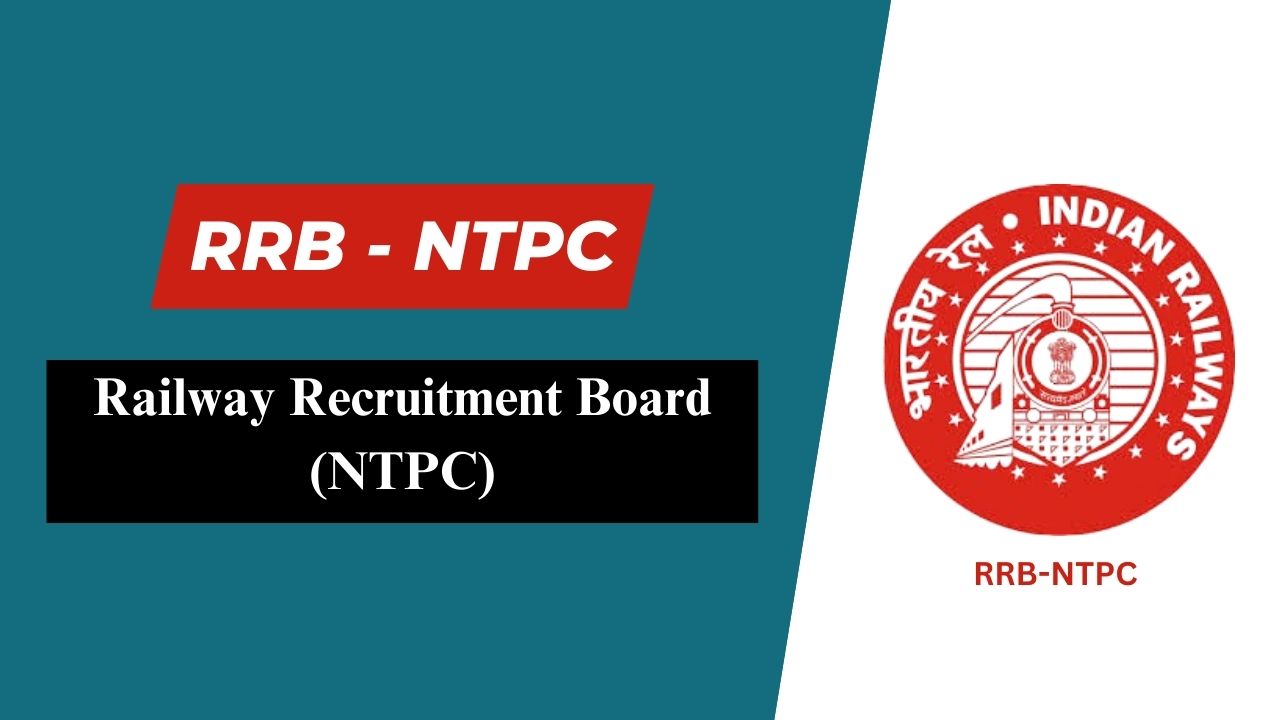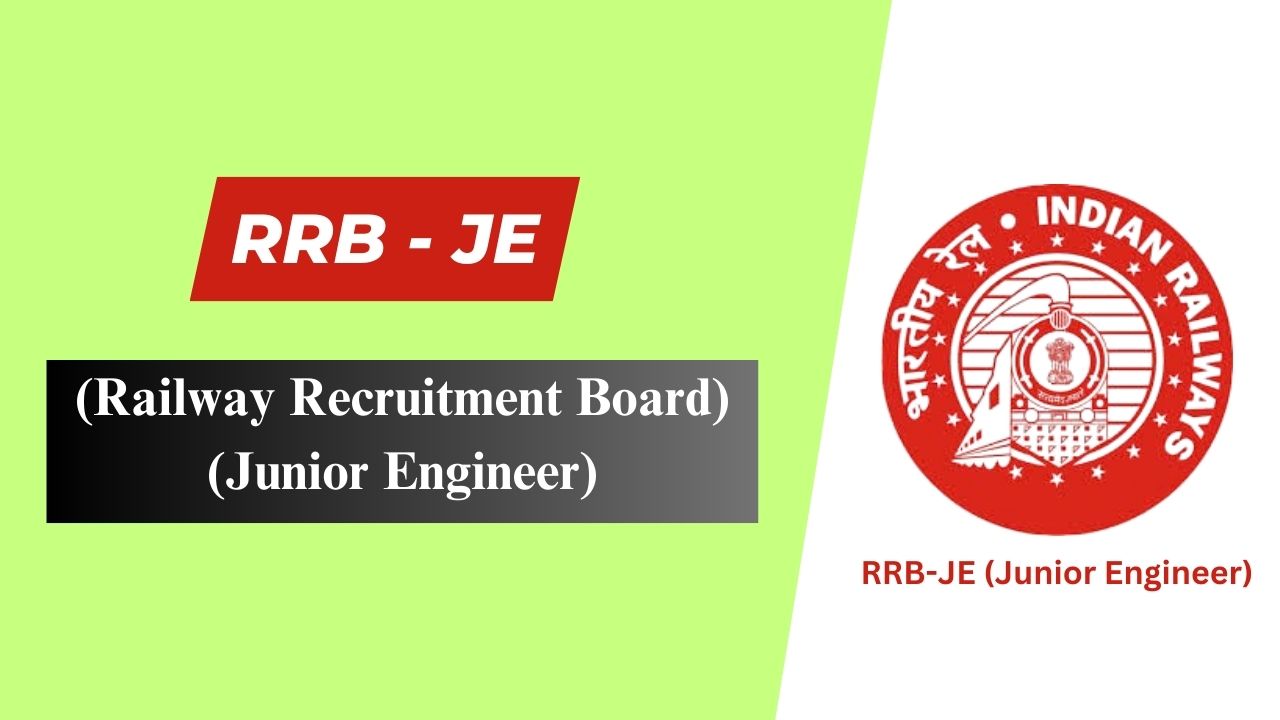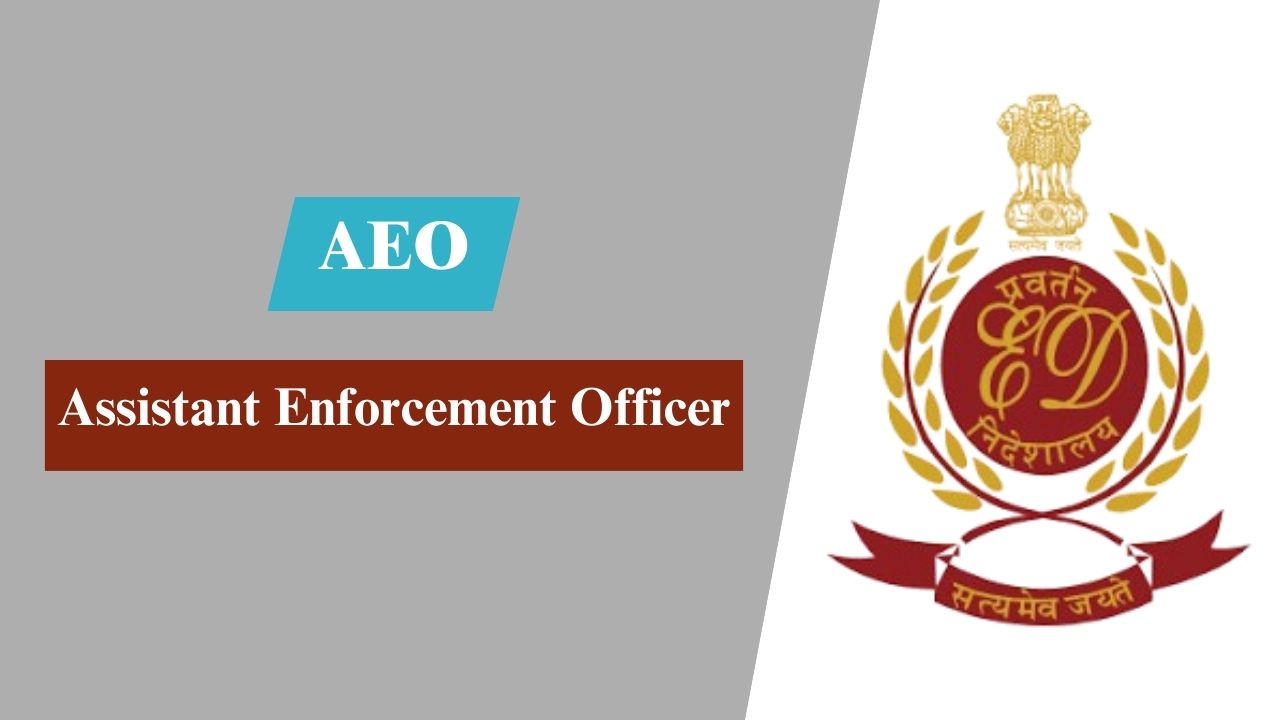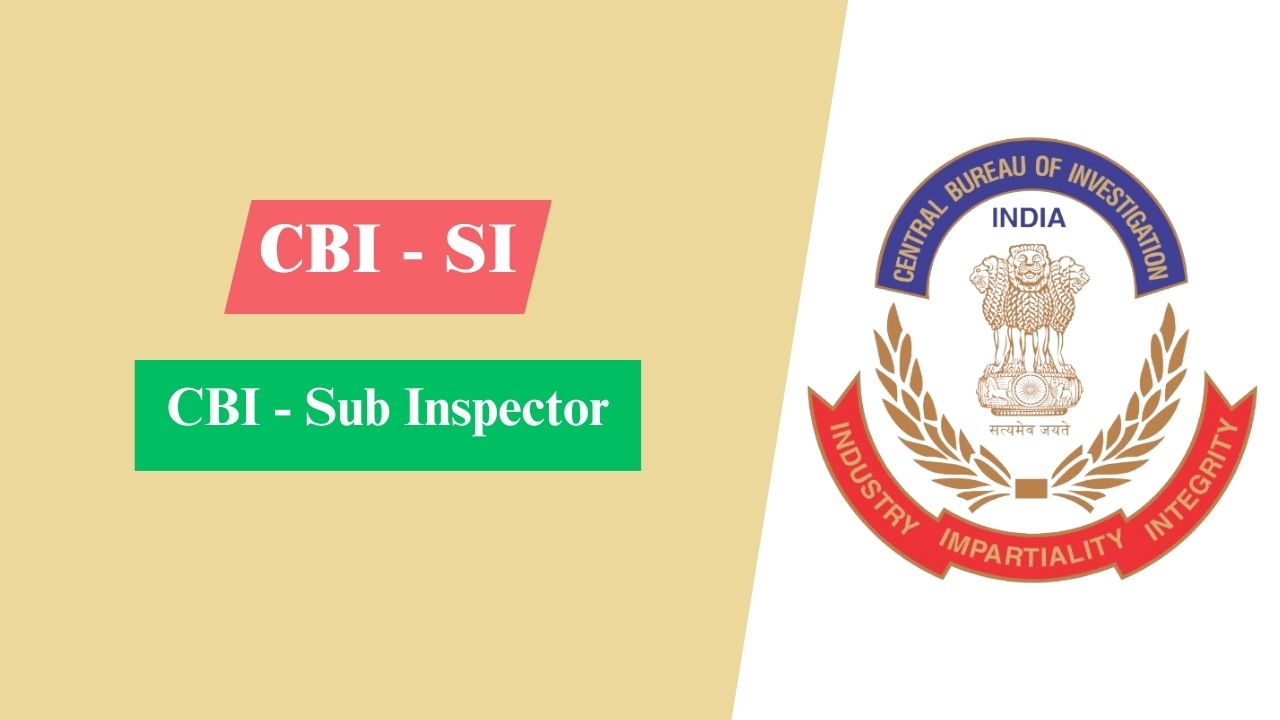What is RRB NTPC Railway Station Master? - Eligibility, Qualification, Salary, Promotion, Uniform, Work Profile

What is Railway Station Master?
RRB NTPC Railway Station Master is an important position in Indian Railways. It is a non-gazetted Group C category service, whose recruitment is done through the RRB NTPC (Non-Technical Popular Categories) exam. The RRB NTPC Railway Station Master is the chief manager of a railway station in Indian Railways, responsible for the smooth operation of trains, passenger facilities, and safety at the station. Apart from this, the Station Master controls the railway signaling system at the station, manages the arrival and departure of trains, and makes quick decisions in case of any emergency.
Before 2018, the Assistant Station Master (ASM) was a junior-ranked position that worked under the Station Master (SM). In this structure, the Station Master was in charge of the entire station. However, after 2018, the Indian Railway Board merged the post of Assistant Station Master (ASM) into Station Master (SM). The ASM position no longer officially exists, and now new recruits are directly appointed as "Station Master".
At a small-category station (with one or two platforms), there is usually only one Station Master (formerly ASM) who manages the entire station. Therefore, the role of ASM is also handled by the same Station Master. Whereas at larger stations, there are multiple Station Masters, and a Senior Station Master (SSM) or Chief Station Master (CSM) is the highest-ranking officer in charge.
Railway Station Master Post Summary
| Detail | Information |
|---|---|
| Exam Name | RRB NTPC |
| Post Name | Station Master (SM) |
| Conducting Body | Railway Recruitment Board (RRB) |
| Ministry | Ministry of Railways |
| Pay Level | 6 |
| Basic Salary | 35,400/- |
| Service Type | Central Government |
| Group | Group C (Non-Gazetted, Supervisory Post) |
| Job Location | All over India (as per RRB zone allocation) |
| Job Responsibilities | Train operations, signaling, passenger safety, coordination with railway staff, emergency handling. |
| Next Promotion | Station Superintendent (SS) |
| Nature of Work | Administrative & Supervisory (Desk + Field Job) |
Railway Station Master Eligibility Criteria
- Educational Qualification: Graduate degree from a recognized university.
- Age limit: Minimum Age 18 years, Maximum Age 36 years
Railway Station Master Selection Process
- RRB NTPC CBT 1: This is the first stage of the RRB NTPC exam.
- RRB NTPC CBT 2: After qualifying the first stage, candidates are eligible to appear for CBT 2.
- RRB NTPC CBAT: In CBAT, candidates' decision-making ability, concentration, alertness, logical reasoning, etc. are assessed.
- Result: After qualifying all stages, the candidate's final result is declared.
- Document Verification: After the result declaration, the documents of the selected candidates are verified.
- Medical Report: After document verification, selected candidates must submit their medical report.
- Training: Each railway zone has its own Zonal Railway Training Institutes (ZRTI), where selected candidates receive short period training.
Railway Station Master Promotion
In Indian Railways, a Railway Station Master (SM) follows a structured promotion hierarchy. Here is the promotion path for a Station Master:
- Station Master (SM)
- Station Superintendent (SS)
- Assistant Operations Manager (AOM)
- Divisional Operations Manager (DOM)
- Senior Divisional Operation manager (Sr.DOM)
Railway Station Master Job Profile
- Train Operations Management: The Station Master decides which track passenger and freight trains will use. They monitor the arrival, departure, and adherence to the timetable of trains.
- Signaling Control: The Station Master ensures the safe operation of trains by providing the correct signals (red, green, yellow).
- Passenger Facilities and Safety: The Station Master is responsible for providing correct information to passengers, maintaining cleanliness and safety at the station, and assisting passengers during emergencies.
- Emergency Management: In case of a train accident, technical failure, or any other emergency, the Station Master makes quick decisions and informs the railway authorities.
- Supervision of Station Staff: The Station Master supervises other staff working at the station, such as booking clerks, ticket collectors, cleaning staff, and other employees.
- Documentation and Reporting: The Station Master prepares daily reports for the station, updates documents related to train operations, and sends necessary reports to the railway administration.
- Handling Passenger Grievances: Resolving any issues or complaints related to passenger facilities is the responsibility of the Station Master.
- Communication: The Station Master establishes communication with various railway departments, train drivers, the control room, security forces (RPF/GRP), and higher officials.
Railway Station Master Uniform
The Station Master's uniform in Indian Railways follows a formal dress code.
1. Summer Dress Code
- White full-sleeve shirt
- White pants
- Maroon tie (with the Railway logo)
- Nameplate (with name and designation)
- Black formal shoes
2. Winter Dress Code
- White full-sleeve shirt
- Navy blue pants
- Navy blue blazer (coat)
- Navy blue tie (with the Railway logo)
- Nameplate (with name and designation)
- Black shoes or black sports shoes
Railway Station Master Power
- Station In-charge: The Station Master is in charge of the entire station and manages all activities there.
- Signal Control: No train can move from the platform or enter the station until the Station Master gives the signal.
- Emergency Decision Making: In any emergency situation, the Station Master has the authority to make quick and effective decisions, keeping passenger safety in mind.
- Authority of Signature: The Station Master's signature is required for any important work related to the station.
- Monitoring of Goods & Passenger Trains: Managing trains according to the timetable and keeping an eye on the movement of trains is part of the Station Master's responsibilities.
Railway Station Master Salary
The basic salary of a Station Master is 35,400 per month according to Pay Level 6. Including all allowances, the gross salary ranges from 50,000 to 60,000 per month.
Railway Station Master Benefits and Allowances
- DA
- TA
- Railway Travel Pass
- HRA or Railway Quarter
- Medical Allowance
- NPS
- Special Duty Allowance
- Uniform Allowance
- Insurance
- Catering Allowance
Railway Station Master Advantages
- Work Stability: Compared to Loco Pilots, Track Maintainers, or Technical Staff, Station Masters have less physically demanding work. Their responsibilities are mostly desk-based with tasks involving monitoring and coordination.
- Head of Station: Without the Station Master, the operation of a station is not possible. The Station Master is the chief officer of the railway station. They have the authority over train operations, platform management, emergency situations, and making other critical decisions. Additionally, all station staff, such as Pointsmen, Ticket Checkers, Guards, and Cleaning Staff, work under the direction of the Station Master.
- Varied Work Environment: The work environment involves both office-based and fieldwork, with the Station Master working in both settings.
Railway Station Master Disadvantages
- High Responsibility: Station Masters carry significant responsibilities, such as overseeing the smooth operation of the station and ensuring safety, which can cause stress and pressure.
- Rural and Urban Posting: Station Masters can be posted to urban or rural locations, and sometimes even remote or underdeveloped areas. This may bring challenges related to living conditions, limited amenities, and lack of social infrastructure.
- Rotating Shifts: Station Masters often work in rotating shifts, including night, evening, and morning shifts.
- Attention to Detail: This role requires a high level of attention to detail, as any mistake can lead to serious consequences like accidents or delays.
- No Public Holidays: Since the railway service operates 24/7, Station Masters typically do not get regular public holidays and may have to work during weekends, festivals, or national holidays.
- Physical Demands: The job may require long periods of standing, walking, or being on foot, which can be physically exhausting.
- Workplace Hazards: Being responsible for a busy station means dealing with potential risks, such as train accidents, platform-related incidents, security breaches, or other safety concerns, making the job hazardous.
- Unpredictable Workload: During peak travel seasons, strikes, accidents, or other disruptions, the workload for Station Masters can increase significantly.
Read Also:
Quick Links
- Common Admission Test (CAT) Exam
- Central Teacher Eligibility Test (CTET) Exam
- IISER Apptitude Test (IAT) Exam
- JEE Advanced Exam
- JEE Mains Exam
- National Entrance Screening Test (NEST) Exam
- National Talent Search Examination (NTSE) Exam
- RRB Junior Engineer (JE) Exam
- RRB Non-Technical Popular Categories (NTPC) Exam
- SBI Junior Associate (Clerk) Exam
- SBI Probationary Officer (PO) Exam
- Staff Selection Commission Combined Graduate Level (SSC CGL) Exam
- Staff Selection Commission Multi Tasking Staff (SSC MTS) Exam
- SSC CGL Assistant Audit Officer (AAO)
- SSC CGL Assistant Enforcement Officer (AEO)
- SSC CGL Assistant Section Officer in Central Secretariat Service (ASO in CSS)
- SSC CGL Assistant Section Officer in Ministry of External Affairs (ASO in MEA)
- CBI Sub Inspector (SI)
- SSC CGL Central Excise Inspector
- Indian Administrative Service (IAS)
- SSC CGL Income Tax Inspector (ITI)
- SSC CGL Junior Statistical Officer (JSO)
- SSC CGL Preventive Officer (PO)
- RRB NTPC Railway Station Master
- BE/BTech Aerospace Engineering Course
- Bachelor of Business Administration (BBA) Course
- Bachelor of Computer Applications (BCA) Course
- Bachelor of Commerce (B.Com) Course
- Bachelor of Computer Science (BCS) Course
- Bachelor of Hotel Management (BHM) Course
- Bachelor of Science in Biotechnology (BSc Biotechnology) Course
- Bachelor of Science in Chemistry (BSc Chemistry) Course
- Bachelor of Science in Forensic Science (BSc Forensic) Course
- Bachelor of Science in Microbiology (BSc Microbiology) Course
- Bachelor of Science in Nursing (BSc Nursing) Course
- BE/BTech in Civil Engineering Course
- ITI Computer Operator and Programming Assistant (COPA) Course
- ITI Cutting & Sewing (Tailoring) Course
- ITI Electrician Trade Course
- ITI Electronic Mechanic Course
- ITI Fitter Trade Course
- ITI Hair & Skin Care (Beautician) Course
- ITI Digital Photography Course
- ITI Plumber Course
- ITI Surveyor Course




